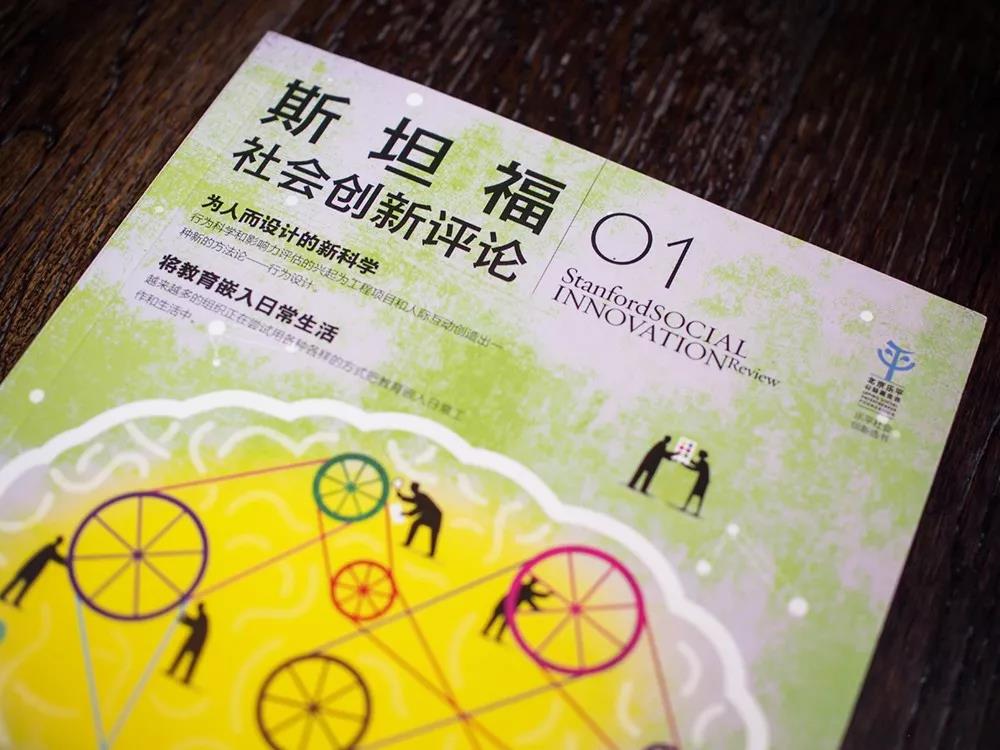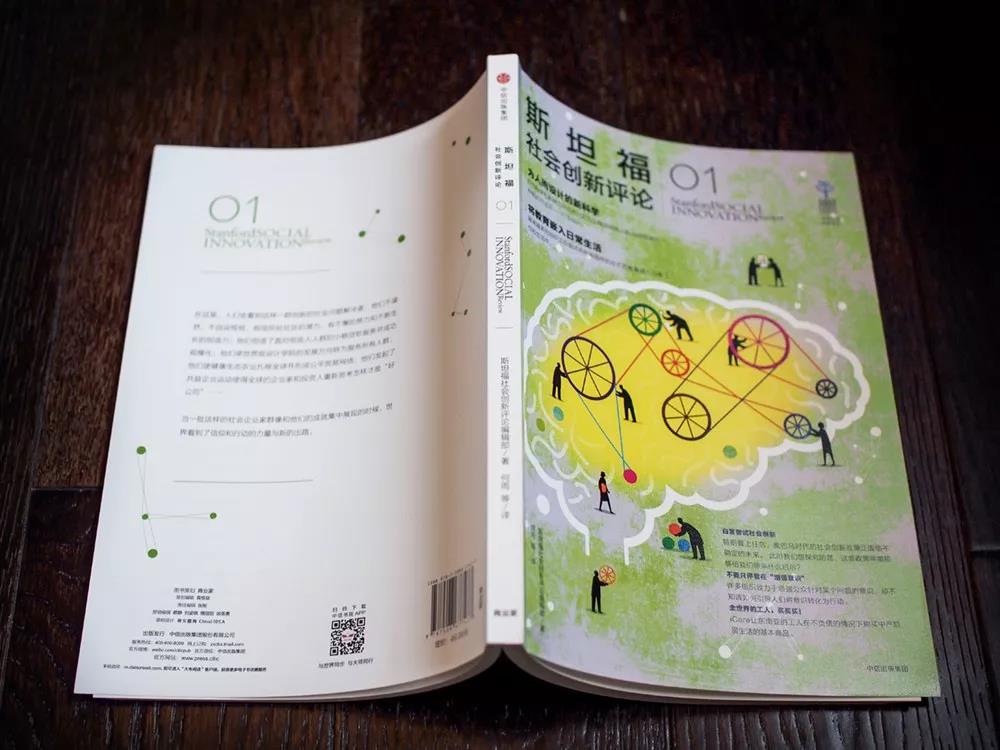2017年伊始,北At that begin of 2017, the Leping foundation in Beijing introduced the Stanford social innovation review (SSIR), publish by the PACS center at Stanford university, to make its Chinese edition available to readers.
SSIR is one of the most authoritative books in the field of global social innovation. Since its publication in 2003, it has been awarded the Maggie Awards for Best Quarterly, the Annual Award of the Western Publishing Association.

Behind the SSIR, exist millions of leaders in social revolution from all parts of the world and all sectors of society (non-profit organizations, businesses and governments). SSIR brings together cutting-edge research, practice, lessons learned, and new insights into social innovation from experts and scholars around the world,
Comments have been made that you can see the power of faith and action.
Chinese society has accumulated a lot of wealth, but the disparity between the rich and the poor, the environment, education equity and other issues are becoming increasingly serious. It is urgent to encourage the talents who possess social capital, economic capital and human capital to solve the social problems. So let social innovation be a real trend, not a fleeting, empty buzzword.
However, due to the lack of cutting-edge social innovation knowledge, at present, China's social construction is still in a state of confusion and emptiness in terms of knowledge and ideology. In the past, the knowledge introduced from abroad was mostly fragmented and one-way. We lack high-quality and systematic knowledge in the field of domestic social innovation and high-quality social innovation knowledge production capacity. These made a lot of practice unable to get rid of its limitations, and inevitably affected the efficiency of solving social problems.
Leping publishes the Chinese edition of SSIR, which aims
to bring in the world's leading socially innovative knowledge. Scholars, journalists and columnists join in
it, so that they can learn from each other and work together to summarize the
achievements of social innovation, and plan to promote the embedding of
solution-oriented social innovation education in universities and colleges,
with university teachers as the fulcrum, to bring more knowledge to the new
generation of China.
Zhongyun Zi, managing director of the Leping Foundation in Beijing and former director of the American Institute of the Chinese Academy of Social Sciences, believes that Stanford Social Innovation Review presents a lot of useful content. "We should understand the course of others' innovation and their respective historical conditions, so as to know how to localize them. We should honestly admit that we are learning and innovating in the process of introduction. The digital economy is changing much faster than the industrial age, and keeping one's spirits young and do something that no one has ever done before. At the same time, we cannot innovate for the sake of innovation. The process of preparing for change is boring and arduous. Young people with passion should be prepared. "

Jinglian Wu, founder of the Leping Social Entrepreneur Foundation in Beijing and a researcher at the Development Research Center of the State Council, said, "There are two things in life, one is cognition, the other is practice. But we can’t confuse the sources of human knowledge with the sources of personal knowledge, For human beings as a whole, knowledge comes from practice, but for individuals, knowledge gained from other people's practice can be transformed into their own knowledge. This is not to negate practice, but to accept other people's knowledge, and then we can stand on other people's shoulders and make less mistakes. Therefore, the practice and thinking is not enough, but also add a word: learning. The importance of education lies in the fact that, based on today's experience, we systematically summarize other people's past experience and pass it on to the next generation by modern educational methods so that we can quickly learn from the experience and lessons of these hundreds of years. "
If you are concerned about China's social problems and are not indifferent to them, and believe that through our potential, unremitting efforts and growing creativity, you will be able to solve them, we recommend that you make SSIR a compulsory course of study, and we look forward to working with you sometime in the future.

The first issue of the Stanford Social Innovation Review Chinese edition is now on the market,.starting your way to social innovation!


